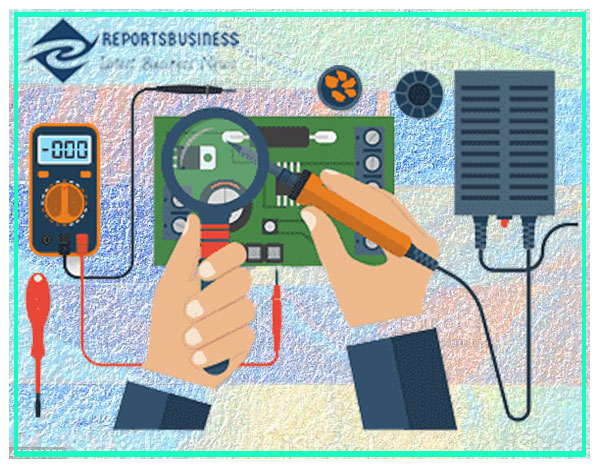Electronics engineers must complete a baccalaureate during a related field. They also need a state license to figure as independent professional engineers, which involves completing an accredited course of study, four years of labor experience, and two exams.
At some community colleges and trade schools, this process typically takes four years, though flexible programs allow five or maybe six years if you’re working full-time.
How long maybe a piece of string? this is often the type of riddle that creates little kids squirm and most adults smack their heads. an identical question: how long will you like to earn an electronics engineering technology (EET) degree?
Should I Become an Electronic Engineer?
Electronic engineers specialize in manufacturing varied sorts of equipment, including communications and navigation systems, motors, and power generation equipment. To manufacture these pieces of kit and devices, electronic engineers create designs and build prototypes.
Prospective electronic engineers must earn a minimum of a baccalaureate in electronic engineering. While not required, passing the basics of Engineering (FE) and Principles and Practice of Engineering (PE) exams to get licensing could also be preferred by employers.
Let’s check out the steps necessary to become an electronic engineer.
1: Earn a baccalaureate
Most job openings for electronic engineers require applicants to carry a baccalaureate from a program accredited by ABET. These 4-year engineering programs are often housed in computer or EE departments. they need significant mathematical requirements which will include a sequence in calculus plus a differential equations course. Students can also be required to finish a physics sequence.
Electronic engineering curricula for undergraduates often include coursework in circuitry, communications systems, and programming. Some courses include technical labs additionally to lectures. The capstone of the many electronic engineering programs is that the senior design project, during which students research and style an ingenious concept. Many students also prefer to pursue cooperative internships within the summer to realize practical work experience.
Potential electronic engineers can also want to pass the basics of Engineering (FE) exam. the primary section of the FE covers math, science, and basic engineering topics, including materials and mechanics.
2: Gain Work Experience
According to the U.S. Bureau of Labor Statistics (BLS) in 2018, the industries that employed the foremost electronic engineers were the
Engineering services, and therefore the electrical power generation, transmission, and distribution sectors. Additional industries that offered high levels of employment included navigational, measuring, electromedical, and control instruments manufacturing, and research and development within the physical, engineering, and life sciences. The BLS reports that job growth is estimated to extend by 5% from 2018-2028.
3: Pass the PE Exam
Passing the PE is usually the last step that individuals must fancy become licensed engineers.
Electronic engineers need a minimum of a baccalaureate within the field. Taking and spending the basics of Engineering (FE) and Principles and Practice of Engineering (PE) exams can help open better career opportunities.
What qualifications does one get to be an electronic engineer?
You’ll need:
• Knowledge of engineering and technology.
• Math’s knowledge.
• To be thorough and concentrate on detail.
• Analytical thinking skills.
• Design skills and knowledge.
• The ability to figure well with others.
• To be flexible and hospitable change.
Is Electronics Engineering in demand?
The profile of electronics engineers features a great demand within the market and this has created tons of opportunities for the ECE aspirants. Which is that the best job for an electronics engineer?
• Communications Engineer. …
• Technical Director. …
• Network Planning Engineer. …
• Desktop Support Engineer. …
• Field Test Engineer. …
• Electronics Device and Development Engineer. …
• Service Engineer. …
• Electronics Technician. this is often one of the foremost promising careers
How To Become an Electronics Engineer
Having a knowledgeable Engineer (PE) license may improve an engineer’s chances of finding employment.
Education:
• High school students curious about studying electrical or electronics engineering enjoy taking courses in physics and arithmetic, including algebra, trigonometry, and calculus. Courses in drafting also are helpful, because electrical and electronics engineers often are required to organize technical drawings.
Programs include classroom, laboratory, and field studies. Courses include digital systems design, differential equations, and circuit theory. Programs in EE, electronics engineering, or EE technology should be accredited by ABET.

